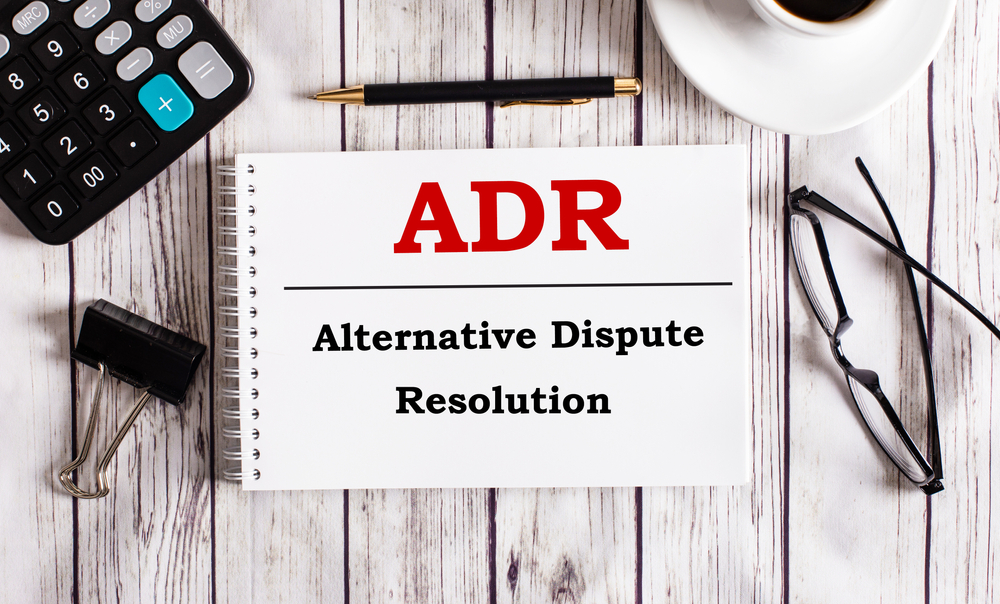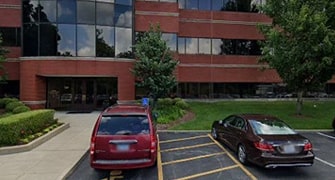Free Consultation
(314) 500-HURT[youtube]https://youtu.be/jKEsws7Eg38[/youtube]
What do you do if a family member or loved one gets bedsores? Well, many times and most times, that’s because the
nursing home or the long-term care facility or the hospital isn’t taking preventative measures and following the rules
that they have to do to prevent decubitus ulcers from forming. And, what the nurses and the doctors and the directors of
these facilities have to do is they have to make sure that there are the rules, that everybody’s trained about how to
handle it, and those are enforced, and that the person’s skin integrity is monitored.
So, if a person is bed-bound and can’t get up, they have to be rotated every two hours. They have to be put on different
parts of their body. If a person’s in a wheelchair. They have to have padding put in different places to prevent that.
They try to ambulate, get people off. And then, what also has to happen is your loved one has to be monitored for when
those start forming. If they start seeing redness or irritation or the indicia of the beginning of a decubitus ulcer or
a bedsore, that has to be seen, staged, treated. Bring in the doctor to see it and treat it. Either put pads on it. You
can put medicine on it. You can keep them off that place. They can happen, they can start.
What you don’t want to have to happen is they get worse. We’ve seen many cases and instances where these bedsores don’t
get staged, treated, or done anything with, and they get terrible. They dig deep into the skin. There’s necrotic or dead
tissue. These can go down to the bone, they can be bad. So, if they do start forming, there are ameliorative measures
that have to be done to address them, and you need to be a partner with the nursing home, with the caregivers, the
director, with the doctors, and be vigilant yourself to make sure that they’re doing that and they’re conscious of that,
especially when your loved one or parent is at risk of that, if they’re bedbound, wheelchair-bound, or are more likely
to get that.
And if you start seeing them, complain. Say, “Hey, we’re getting bedsores. We need to do something about it.” Complain
to the caregivers, complain to the director, complain to their boss. Go to the hospital, or the internist, or the
doctor. Go to the primary care doctor. Take your parent out and bring them to urgent care or to the emergency room to
get them treatment and then bring them back. Make sure that you’re conscientious and vigilant about that. Communicate to
them, not only orally but in writing. Give a note to them, send an email to them, make sure it’s documented. You will
raise their attention if you’re sending them an email saying, “Hey, I saw a red spot on my mom’s knee or the back of her
leg. Can you please stage that and be vigilant about that so that that doesn’t get any worse?” Or, on their rear end,
their coccyx, a lot of times that’s where it happens too.
If none of those things are helping and you’re not getting any relief, you can call the Illinois or the Missouri
Division in Aging and report adult or elder abuse. The Missouri has a good website, both do, Illinois and Missouri.
Missouri’s is www.health.mo.gov, Illinois’ is www.illinois.gov\aging. You can go in there and fill out forms and find
stuff. If you want to call in Missouri, you can call 1-800-392-0210, that’s the Adult Abuse and Neglect Hotline. In
Illinois it’s 1-866-800-1409, that’s the Adult Protective Services Hotline.
If you are not getting any relief from that, you can also call my law firm, Burger Law at 314-542-2222, 618-272-2222 in
Illinois, and toll-free at 866-599-2222 or go to www.burgerlaw.com or email me at [email protected] or call us. We’re
happy to answer any questions and help you put, inform you, give you some power and strength to fight these folks if
they’re not attending to your loved ones adequately and they’re getting decubitus ulcers or pressure ulcers or wounds or
that kind of stuff.
If they get too bad, wound care specialists ought to be brought in to assess them, stage them, and sometimes surgeries
need to happen where the necrotic or dead tissue is taken out. There’s a lot of treatment protocols, that is the
standard of care, and that’s the standard of care that your loved one should be afforded, and if that’s not being done,
you need to take action and insist that it’s being done and insist on great care for your parent. If you have any
questions, give us a call. Thank you.
Founder | Injury Attorney
Gary Burger has dedicated his career to standing up against bullies. The founder and principal attorney of Burger Law | St. Louis Personal Injury Lawyer has helped hundreds of Missouri and Illinois individuals and families recover th …
Years of experience: 30 years
Location: St. Louis, MO

Similar Blog Posts

Alternative dispute resolution (ADR) is a legal process that offers parties another option besides traditional litigation to resolve legal conflicts and disputes. It can be a more ...

So What if You Have a Bad Insurance Experience? You pay for insurance to manage the numerous risks of driving, owning a house, or many other things. Based on the advertisements an...

Hiring the Right Attorney You need the right attorney to obtain a fair settlement amount for your injury-related losses. When working with an attorney, clients hope for a fruitful...


521 W. Main Street Suite 201 O
Belleville, IL 62220
By appointment only
(618) 500-4878 GET DIRECTIONS
332 S Michigan Ave Suite 900
Chicago, IL 60604
By appointment only
(312) 500-HURT GET DIRECTIONS
100 Chesterfield Business Pkwy Suites 200-222
Chesterfield, MO 63005
By appointment only
(314) 648-8348 GET DIRECTIONSNO FEES UNTIL WE WIN YOUR CASE
We offer free consultations and are available 24/7 to take your call. Live chat, text, and virtual meetings are available.
or call us at